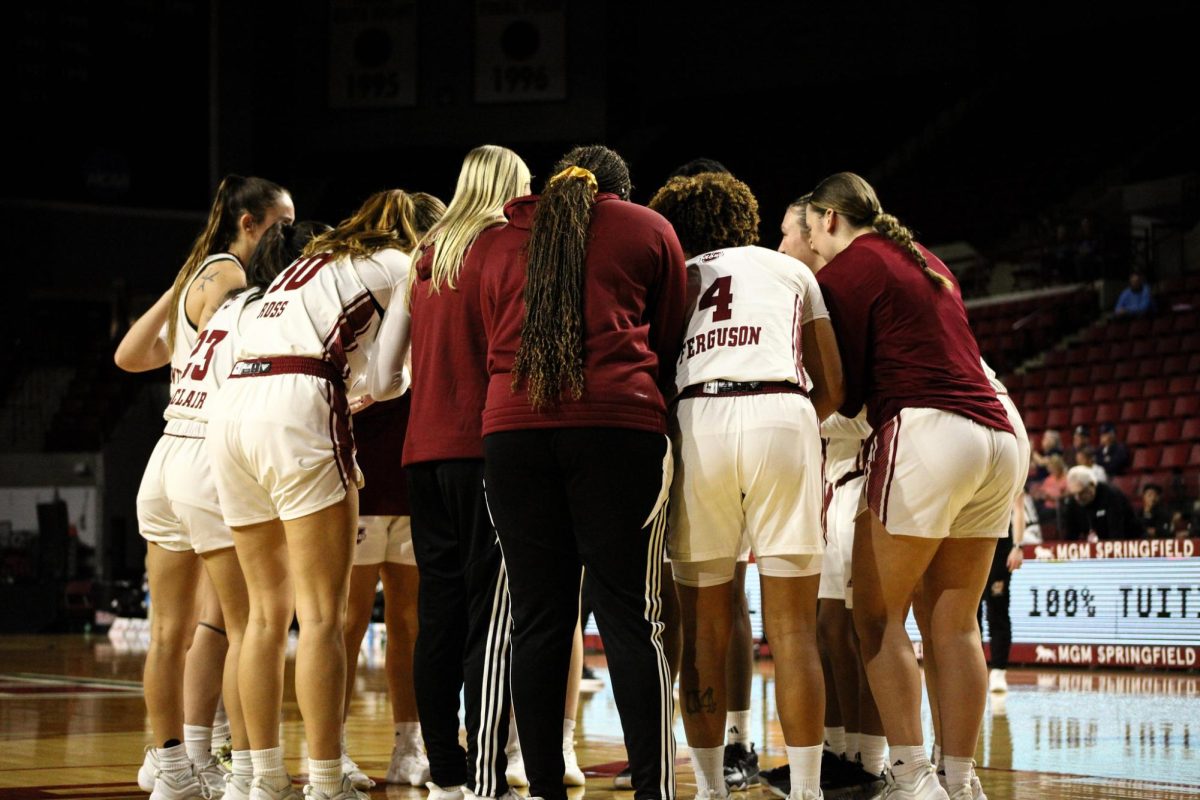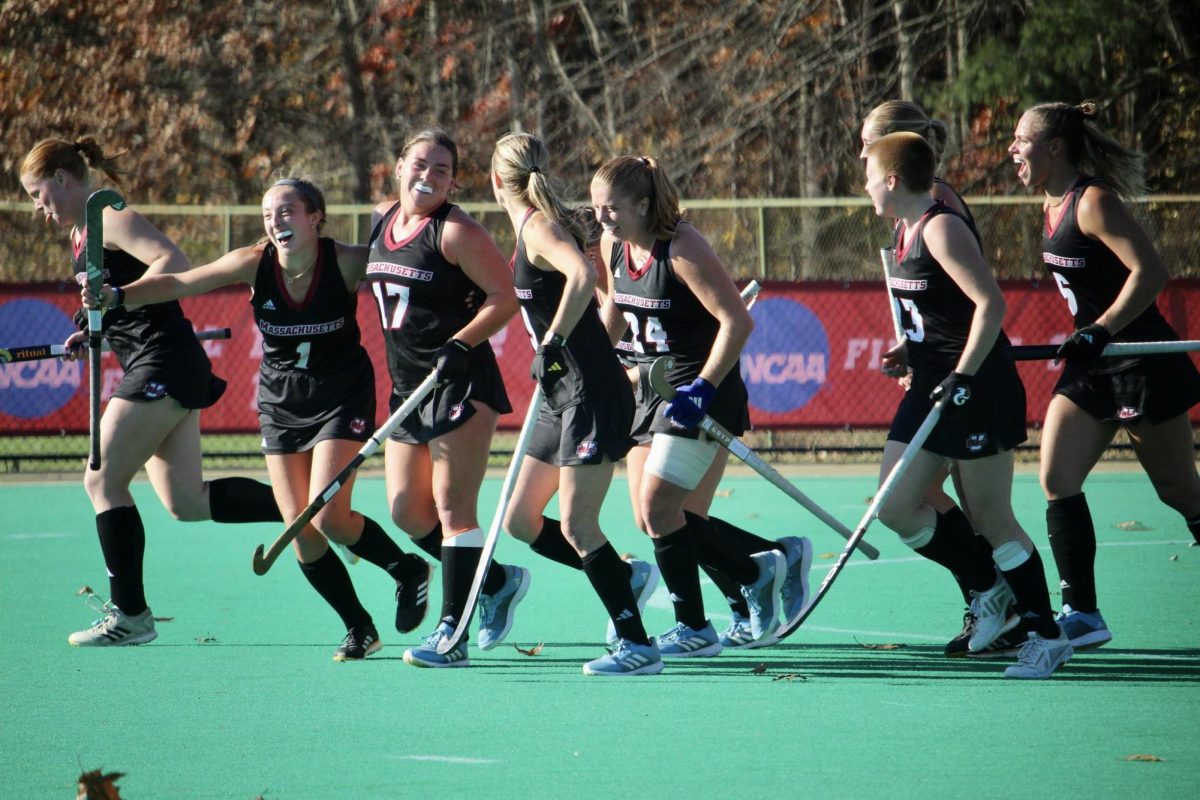
The word k*ke is considered hate speech, as it should be. It is a slur which reinforces a history of dehumanization—one in which Jews have been consistently persecuted. It is hate speech because it questions the inherent value of Jews as human beings. As someone who identifies as (and is generally identified as being) ethnically Jewish, my Jewishness is an immutable aspect of my identity. Any speech that degrades me because of this is anti-Semitism.
My inherent value as a human being, though, must never be conflated with the value of my actions and ideas. I have control over my political beliefs, and my political beliefs should be questioned if deemed inconsistent or unethical.
Too often, politically correct (PC) culture fails to differentiate between the degradation of people and the criticism of the beliefs and actions of political and religious groups. The former is never justified; the latter is important to the growth of any society.
One of the most complex examples of this is Islam and the treatment of Muslims. It is blatant prejudice to verbally or legally discriminate against people who identify as Muslim. All attempts to do so should be condemned as attempts at dehumanizing a group of people. It is not, though, a racial microaggression to question the extent to which women in countries mandating a dress code can truly make the free choice to wear restrictive clothing. This is particularly true in places such as Saudi Arabia, where 11 percent of people believe that women should be legally required to wear burqas. This was also true in Afghanistan where, under the reign of the Taliban, women were legally required to wear burqas outside of their homes and where many women still feel unsafe going outside if they are not wearing one today. The culture that gives rise to this obligation needs to be discussed, or at the very least, there needs to be an environment where discussing the values of that culture is not automatically equated with racism. To quote author Ali Rizvi, “Islam is a religion; it’s a set of beliefs, a bunch of ideas in a book. It’s not human. Muslims are real, living, breathing people, and to me, there’s a big difference between criticizing ideas and demonizing human beings.”
The defining liberal value is the protection of basic human rights. In certain cases, this means challenging language, such as when ethnic, racial, sexual and ability-based slurs are used to reinforce histories of oppression. In other cases, this means criticizing the actions and ideas of political and religious groups, even if doing so is deemed “culturally intolerant.” Criticizing what one views as unethical is not only a right, it is a civic responsibility.
Any system that attempts to infringe on one’s right to criticize it is not a system worth defending. Unfortunately, PC culture does just this. Too often today, concepts such as cultural tolerance, cultural appropriation and politically correct language are used to obfuscate complex ideas, marginalize dissenting thinkers and silence true advocates of social justice.
The Southern Poverty Law Center’s relationship to activists is a prototypical example of the contradictory values PC culture often advocates concerning criticism of culture, social justice and global human rights. For instance, the SPLC, which has a chapter at UMass, lists Maajid Nawaz, a practicing Muslim who runs the “the world’s first counter-extremism think tank,” as an anti-Muslim extremist. Nawaz’s questions are deemed to be politically incorrect because they question the ideas of a group which, in America, is a minority. Since his questions are deemed to be politically incorrect, he is immediately classified as a bigot. In this instance, the SPLC’s failure to differentiate between genuine racists and global advocates of Islamic reform (whom they may disagree with) is problematic, particularly considering what an influential and necessary organization the SPLC is.
Defending and advocating for the rights of all people in all strata of privilege is a liberal value. Defending the rights of all people in all cultures not to be questioned or offended is not. Much of the time, these principles are in direct contradiction with one another. As Dutch-Somali author and activist Ayaan Hirsi Ali stated, “There is a huge difference between being tolerant and tolerating intolerance.”
The Aztecs did not have the right to sacrifice live human beings. The Antebellum South did not have the right to enslave and torture Black people. Saudi Arabia does not have the right to outlaw being gay. Too much of today’s politically correct language can be used to indirectly justify the actions of groups such as these.
If liberals want to win the battles they’re fighting, they need to be consistent and articulate. They need to have nuanced views about the language they use, the cultures they consider and the people they support or criticize. And these changes need to start on college campuses, where the generation that should be educating itself on the complexities of language, culture and privilege, is instead being restrained by a set of illogical, inconsistent and seemingly unchallengeable rules which protect not people, but ideas. The distinction between mindless censorship of speech and genuine social activism cannot be lost.
The opinion that all cultures should be immune from criticism is, like all imaginable opinions, an opinion one is entitled to have.
But there’s one thing it’s not: remotely liberal.
Jonah Dratfield is a Collegian columnist and can be reached at [email protected].



















SittingBull • Oct 2, 2017 at 10:37 am
Liberals jumped the shark of political correctness somewhere around 1992 and it’s grown ever more absurd since. It’s as though half the country turned into the ACLU over the past generation.
David O'Brien • Sep 30, 2017 at 11:58 am
I hope the student body knows how important and timely this column by Jonah Dratfield is. He has turned a corner. Liberals have been lost in a wilderness of political correctness and multicultural nonsense that, for me, peaked when NPR of Berkeley rescinded an invitation to speak to the evolutionary biologist, Richard Dawkins. Why? Because Dawkins criticizes Islam and speaks in defense of Muslim women around the world who live under the oppression of Islam. Dawkins earned himself the “Islamophobic” label.
But sanity is returning.
It is, of course, possible to reject a set of beliefs that are not conducive to global, individual, well-being without having a phobia and without being an anti-Muslim bigot.
Thanks Jonah
David O’Brien
author: Wednesday Night At Whiskey Neat
David Pawlowski • Sep 28, 2017 at 7:57 pm
Jonah Dratfield…such a guy…the Goyim, Shiksas and Shkutzim thank you!
Richard Keefe • Sep 28, 2017 at 7:26 am
It’s worth noting that the Southern Poverty Law Center quietly dropped the “nonprofit civil rights organization” descriptor from its website, press releases and other fundraising materials several years ago. It now refers to itself as “an advocacy group,” not unlike the NRA and La Raza.
http://wp.me/pCLYZ-pE
The SPLC is a multimillion-dollar corporation, with more than $319 million in unrestricted cash-on-hand. The company raised most of that money by selling “hate group” fear campaigns to a deliberately targeted audience of Progressive donors. The company’s core donor list was built from the donor lists of the McGovern, Carter, Kennedy and Hart presidential campaigns.
In short, the company is highly successful at recognizing what its customer base wants to buy and at fulfilling that demand. If every conservative in the country sent the SPLC a ten-dollar bill today you could expect to see an endless list of “left-wing extremists” and “hate groups within a week.
One shouldn’t confuse marketing for morality.